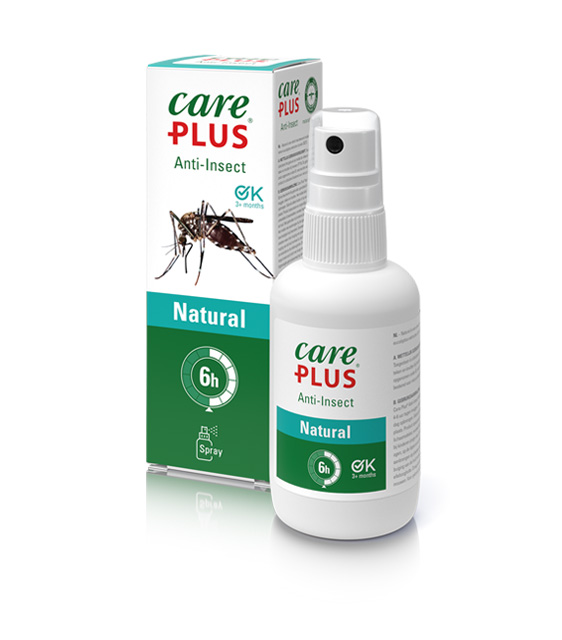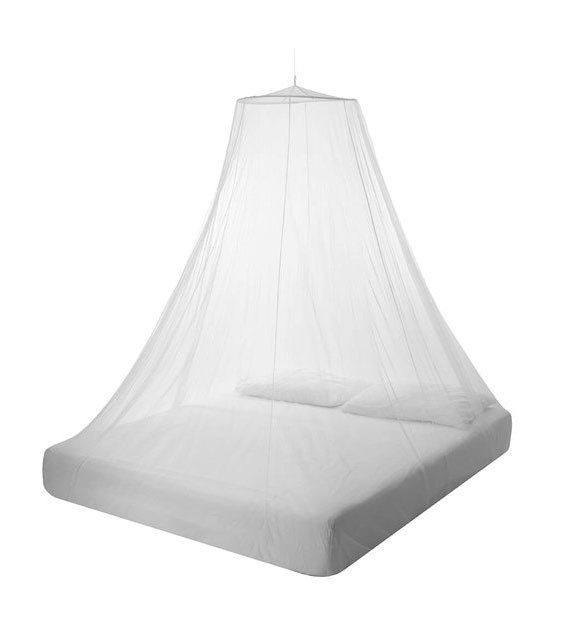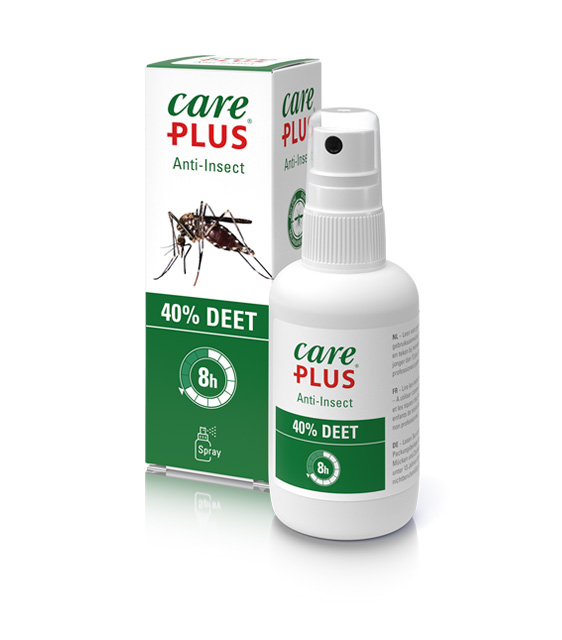DEET is a yellowish oily substance that does not evaporate very quickly. This ensures that the layer applied remains effective longer, but the mosquito-repelling effect of the odour is limited. DEET only repels insects when they are close. This is further proof that products such as DEET-impregnated bracelets do not work, other than that the mosquito will not land on the bracelet itself, but rather on the skin next to it. However, anyone who rubs DEET on exposed skin is protected against mosquito bites for hours.
The bitter taste of DEET
Possibly mosquitoes taste the substance, which is described by humans as bitter. But it is not clear whether this bitter taste contributes to deterring biting mosquitoes.
In the new study, Vosshall and her colleagues demonstrate with a series of tests that the mosquito’s legs are sensitive to DEET. A volunteer applied DEET and put on a long glove with an opening of one and a half millimetres in which the mosquito could stick its snout. In this way, only the mouthparts of the mosquito came into contact with the DEET, but its legs remained on the latex of the glove. In this way, mosquitoes were not deterred by the DEET and stung as often as test mosquitoes on untreated skin.
That is why the researchers decided to apply a layer of quick-drying glue to the legs in a subsequent trial. In earlier research on fruit flies, this was also done to investigate whether these flies can detect with their legs whether they are walking on food. In the case of mosquitoes, all six legs were covered with quick-drying glue. It turned out that they were no longer sensitive to DEET on the skin.
DEET effectively repels mosquitoes in any way. But Vosshall hopes that this insight can lead to the development of new insect repellents, which use the sensitive mosquito legs.
“It’s especially interesting because we’ve known this remedy for a long time, about seventy years”, says Bart Knols. He did not participate in the research, but is an entomologist at Radboud University and wrote the book ‘Mug’ (Mosquito). Every year, some 200 million people use DEET as protection against mosquitoes.
“We just knew all along that it worked, but we didn’t know how.” Knols calls the research ‘a first step in the unravelling of the functioning of DEET’. “And if we continue in a positive way, this research might help us to find new drugs that also work well against mosquitoes.

Anti-Insect Natural
Made with natural lemon eucalyptus extracts and does not contain DEET. Natural can be used for children from 3 months and protects up to 6 hours against mosquitoes and ticks.

Mosquito Net
A mosquito net keeps mosquitoes, insects and other pests at a distance, so you can enjoy a good night’s sleep. Both at home and away!

Anti-Insect DEET
The active ingredient DEET is the most effective remedy for protection against (tropical) mosquitoes and ticks. Apply to exposed skin. The percentage is decisive for the duration of action.
